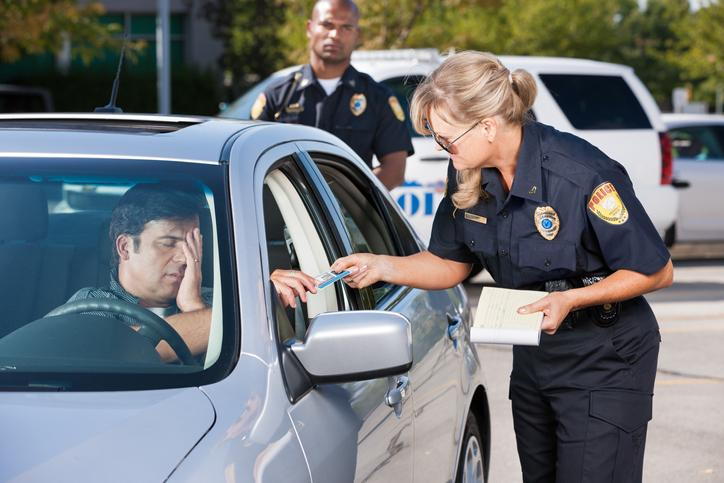
- posted: Mar. 15, 2020
- Traffic Offenses
If you’re pulled over by police during a traffic stop, you’re likely to feel fear and anxiety, even if you believe you’ve done nothing wrong. You may wonder why you were stopped, and if an officer asks to search your vehicle, you may question whether police have a right to do that. It’s important to know the answer to these questions so you can be prepared in the event you’re stopped by police on Pennsylvania roads.
When can an officer search your car?
If you were pulled over for speeding, a missing taillight, or another traffic violation, a police officer only needs probable cause or your permission to search your car. While your home and personal property are protected from unlawful search and seizure under the Fourth Amendment, requiring law enforcement to get a warrant before proceeding, your vehicle is not if police have a valid reason for the search or you allow them to conduct it. For example, if you are pulled over because of a broken taillight, an office cannot search your car unless he has probable cause to believe he will find evidence of another crime, such as drugs or drug paraphernalia because the smell of marijuana emanates from within. Arrests that stem from traffic violations often occur when a driver has given police permission to search and they discover an illegal substance.
Officers can also search your car if they believe it’s crucial to their own protection, because they have reason to believe you may be hiding a weapon or other dangerous material. Warrants are also unnecessary if you have just been arrested and officers are looking for evidence related to that arrest. For example, if you’ve just been arrested for drug possession, an officer can search your vehicle to see if you’re transporting more illegal substances.
Can an officer use evidence they found in a search without a warrant?
Police don’t need a warrant to search your car when they have probable cause to do so, as mentioned above. But if the officer who searched your car did not have a valid reason for the search and you did not give them permission, any evidence they found is inadmissible in court and cannot be used to prosecute your case. That’s why it’s always a good idea to seek the counsel of a skilled defense attorney who can uphold your rights.
To learn more about your rights during vehicle searches and seizures, or to understand more about traffic violations in the state of Pennsylvania, schedule a free consultation at the Somerset law office of Matthew R. Zatko by giving me a call at 814-443-1631 or contacting me online.



